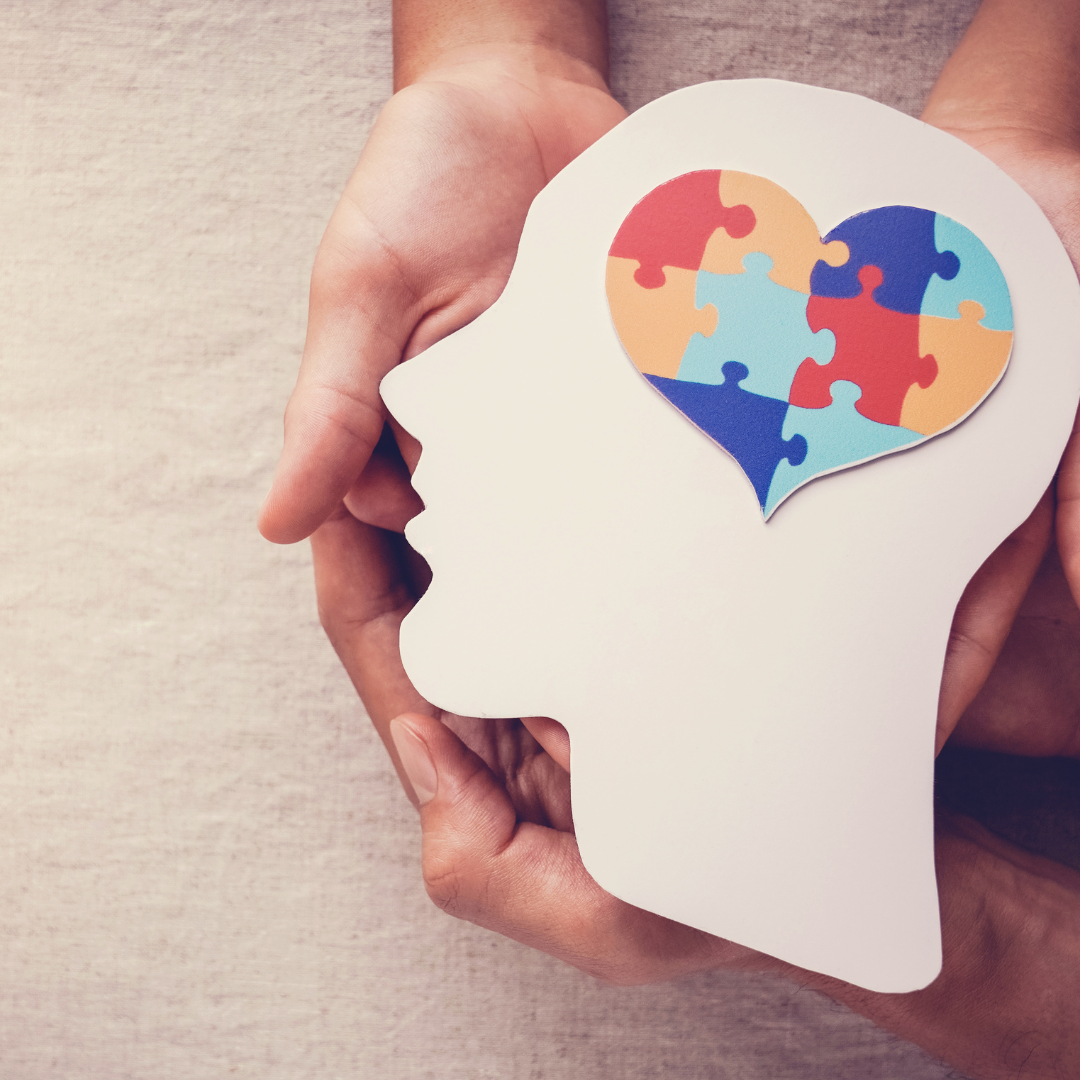
How to seek support for mental illness
Seeking help with a mental illness can be a daunting experience, especially if you aren’t sure where to start or who you can turn to. For many people, they may not even be able to identify what it is that they’re struggling with. So, what is mental illness?
A mental disorder or mental illness is a diagnosable illness that affects a person’s thinking, emotional state and behaviour, and disrupts the person’s ability to work, carry out daily activities, and engage in satisfying personal relationships with other people. Some people may only have one episode of mental illness in their lifetime, whereas for others it may be lifelong and ongoing.
There are many different types of mental illness, with some being more prevalent than others. Mental Illnesses are complex and may present differently from person to person, for example, while depression, anxiety disorders, schizophrenia and bipolar disorder are all examples of mental illness, those suffering from them may experience different symptoms from one another.
Mental illness can be an isolating experience, but it doesn’t have to be. There are a number of resources, supports and avenues for treatment that can help those suffering to function better and aid their recovery.
Often, the first port of call for mental health is to see your General Practitioner (GP). A GP can recognise the symptoms of mental illness and provide the following types of help. They can:
- Look for possible physical causes.
- Explain the illness and how you can best be helped.
- Prescribe medication if needed.
- Refer you to a psychologist or allied health professional.
- Refer you to a psychiatrist if the symptoms are severe and long-lasting.
- Link you to community support.
- Create a mental health treatment plan with you.
In Australia, a great pathway for mental health treatment is The Better Access Initiative. The purpose of this initiative is to improve the treatment and management of mental health within the community. It does so by providing a Medicare rebate for people with a diagnosed mental illness to receive treatment from professionals. This is a great option for university students who may be on a tight budget.
To be eligible for The Better Access Initiative, you need to develop a Mental Health Treatment Plan with your GP. Making a treatment plan can take time, so if you’re booking in with a GP for this purpose, it’s recommended to book a long appointment.
The following types of treatment are covered by Medicare under The Better Access Initiative:
- Psychoeducation (providing information about a mental health problem and how to manage it)
- Cognitive behaviour therapy
- Relaxation strategies
- Skills training (problem-solving skills, anger management, social skills, communication training, stress management and parent management training)
- Interpersonal therapy
- Narrative therapy for Aboriginals and Torres Strait Islanders
As a UNE student, you are also eligible for free access to Counselling and Psychological Services (CAPS). CAPS are a team of professionally qualified and registered psychologists and can be accessed in person, over the phone and via Zoom. Generally, up to three counselling sessions are available to students, per Trimester.
When it comes to mental health, you are never on your own, there are many resources available to you. Remember, mental illness is treatable. There is no shame in seeking help, and it is the first step towards getting better. If you’re ever unsure of where to go, you can reach out to our friendly team of student advocates at Advocacy & Welfare, and they can help connect with you a service.
Extra Resources
Lifeline 13 11 14 – 24/7 crisis support and suicide prevention phone and chat counselling
Beyond Blue 1300 22 4636 – 24/7 phone support and online chat
Kids Helpline 1800 283 147 – 24/7 phone support and online chat for 5-25-year-olds.


